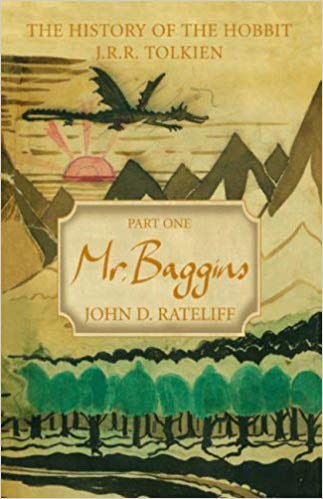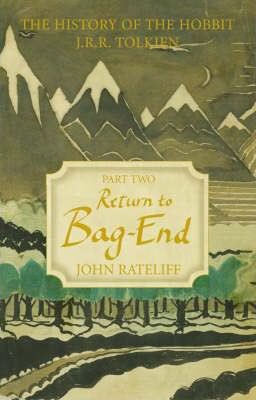Today, we'll discuss some major events in late 1940s, including the 1948 'Lagos Press War.'
"The picture that leaves me bewildered is that of Zik, an out-and-out Ibo inaugurating a Yoruba Federal Union!...
By September 1948, Yoruba-Igbo hostilities had escalated to such an extent, colonial authorities feared there was real danger
"Henceforth the cry must be one of battle against the Egbe Omo Odùduwà, its leaders, at home and abroad, uphill and down, in the streets of Nigeria and in the residence of its advocates.
"The most significant outcome of the press war was the politicization of the Ibo Federal Union and the Egbe. In December 1948, the Igbo Federal Union morphed into the Ibo State Union to organize the ‘Igbo linguistic group into a political unit
This opened Azikiwe up to accusations from his detractors, including Awolowo, that he was in fact, first and foremost, an Igbo leader






